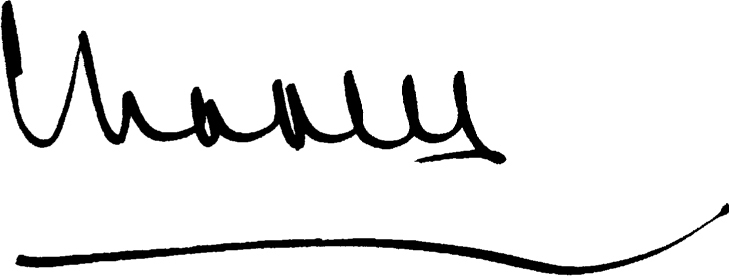
During the last forty years, I have had an opportunity to visit some of the most stunning places on Earth and seen the devastation caused by our over-exploitation of the natural world. We are in the midst of an existential crisis, not only affecting the survival of our very society, but also about our place in the world. Global warming, climate change and the destruction of biodiversity worldwide, caused by human activities, are the most dangerous threats that humanity has ever faced. At the same time, as we have replaced the wild with the domesticated, we have distanced ourselves from Nature. Long ago, we unilaterally decided to place ourselves above Nature, instead of acknowledging that we exist within Nature.
There is indeed a deep mutual interdependence within our natural world which is active at all levels, sustaining individual species so that the great diversity of life can flourish within the natural limits of the whole. We do not truly know how many species there are – we can only guess – and we still know less about what species do. But what we know is the greatest wonder we ever encountered. Plants and bacteria give us the oxygen we breathe, insects pollinate our crops and forests filter the water we drink, among many other critical services. Millions of species work together to produce a harmony that we cannot explain, but which works to sustain our world – and to keep ourselves alive and prosperous.
In the modern era, the sense of awe and wonder in the face of the works of Nature has been abandoned in favour of monetary value. Therefore, being able to show the economic value of Nature, of healthy ecosystems, is paramount. Economists have shown that the value provided in services by the natural world for free is larger than the global gross domestic product. Yet, at this moment, we have a hugely important opportunity to reimagine the world through the lens of a new global market and a new way to measure prosperity, with clear benefits to people and planet at the heart of value creation. This is why, in September 2019, in collaboration with the World Economic Forum, I created the Sustainable Markets Council with the goal of fostering the development of a new type of market: green, inclusive, equitable and profitable. I would like to emphasize that profitability in our new world ought to mean obtaining net benefits while restoring the natural world that is the foundation of our wealth.
But valuing the natural world through an economic lens is not enough. I also believe that we need to abandon our purely mechanistic and utilitarian approach to life and adopt a humbler attitude – in other words, to restore a sense of the sacred. Human prosperity and empathy and respect for all living creatures are not mutually exclusive; they can go hand in hand. In fact, that may be the key to our survival.
The good news is that we know what the solutions to the environmental crisis are. If we were to choose three main solutions, we need to phase out fossil fuels, change the way we produce food and protect more of Nature. For example, on the Duchy of Cornwall’s Home Farm in Gloucestershire, I have been able to shift from chemically-dependent farming to organic, agro-ecological production methods, where fertility is sustained by plants, animals and careful management that includes rotation of the land. Instead of an exploitative relationship with Nature, the farm works in partnership with Nature. Scaling such efforts globally could restore the fertility of the soil, produce healthier food, and in turn absorb huge amounts of our carbon pollution.
I am delighted to be able to contribute this foreword for Dr. Enric Sala’s The Nature of Nature because his book touches on all these points. Enric’s book tells stories of discovery of key ecological principles that go beyond facts and data. There is fascination and love in the discovery of how Nature works. A deep appreciation of natural history is a kind of poetry, which should instil a sense of wonder. And that leads to love of the world of which we are an intrinsic part, with a profound respect for the existence of other creatures. The only way forward is to reconnect with Nature and restore vital eco-systems so that our life support system – and the engine of the human economy – can continue supporting us and the rest of life on the planet.
